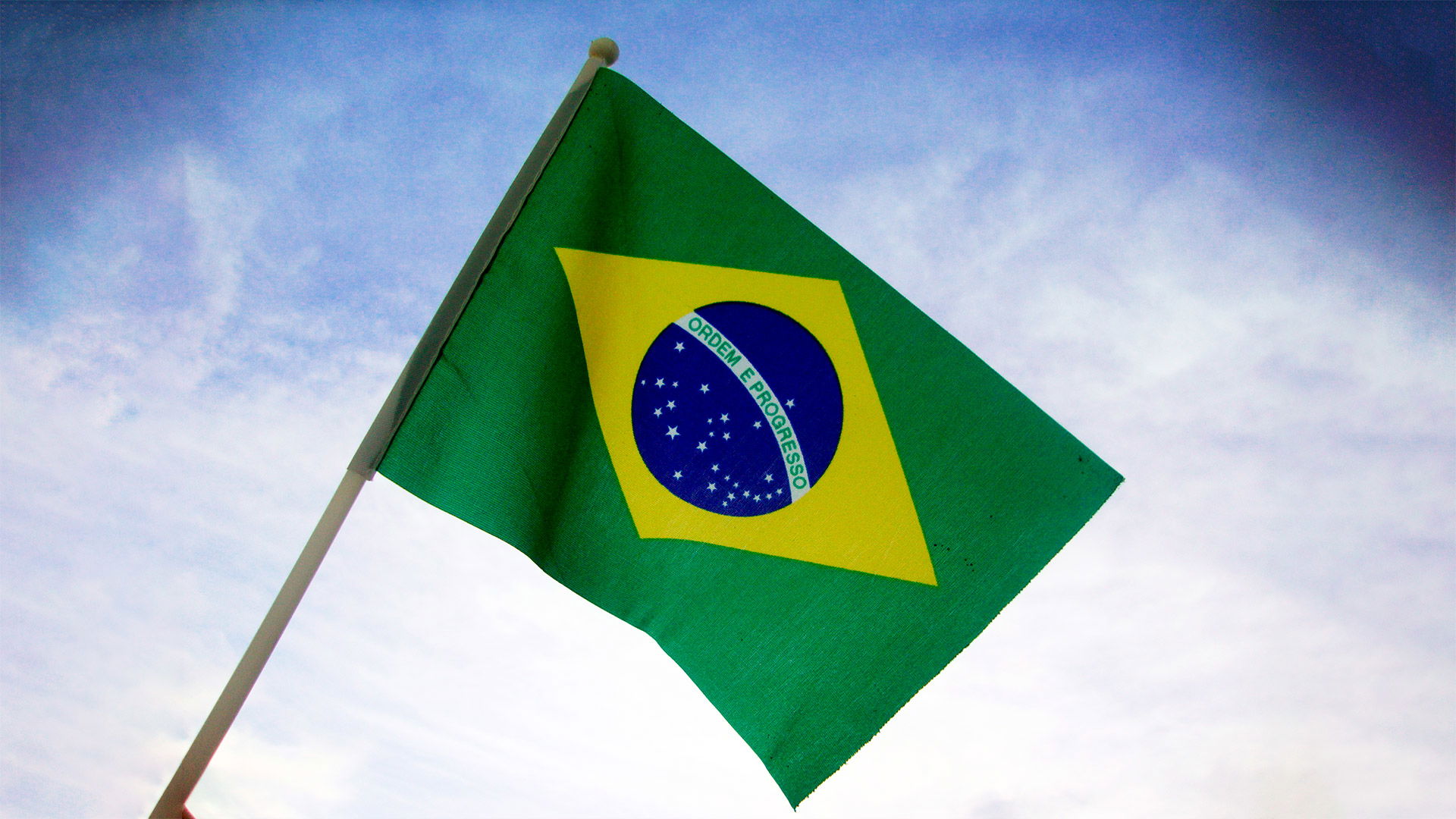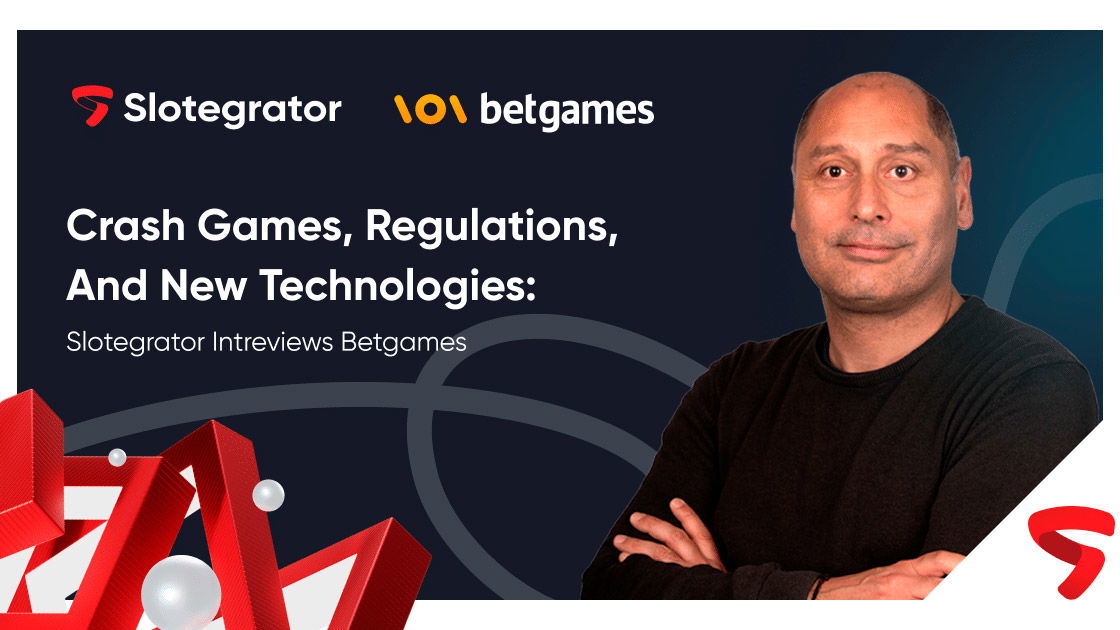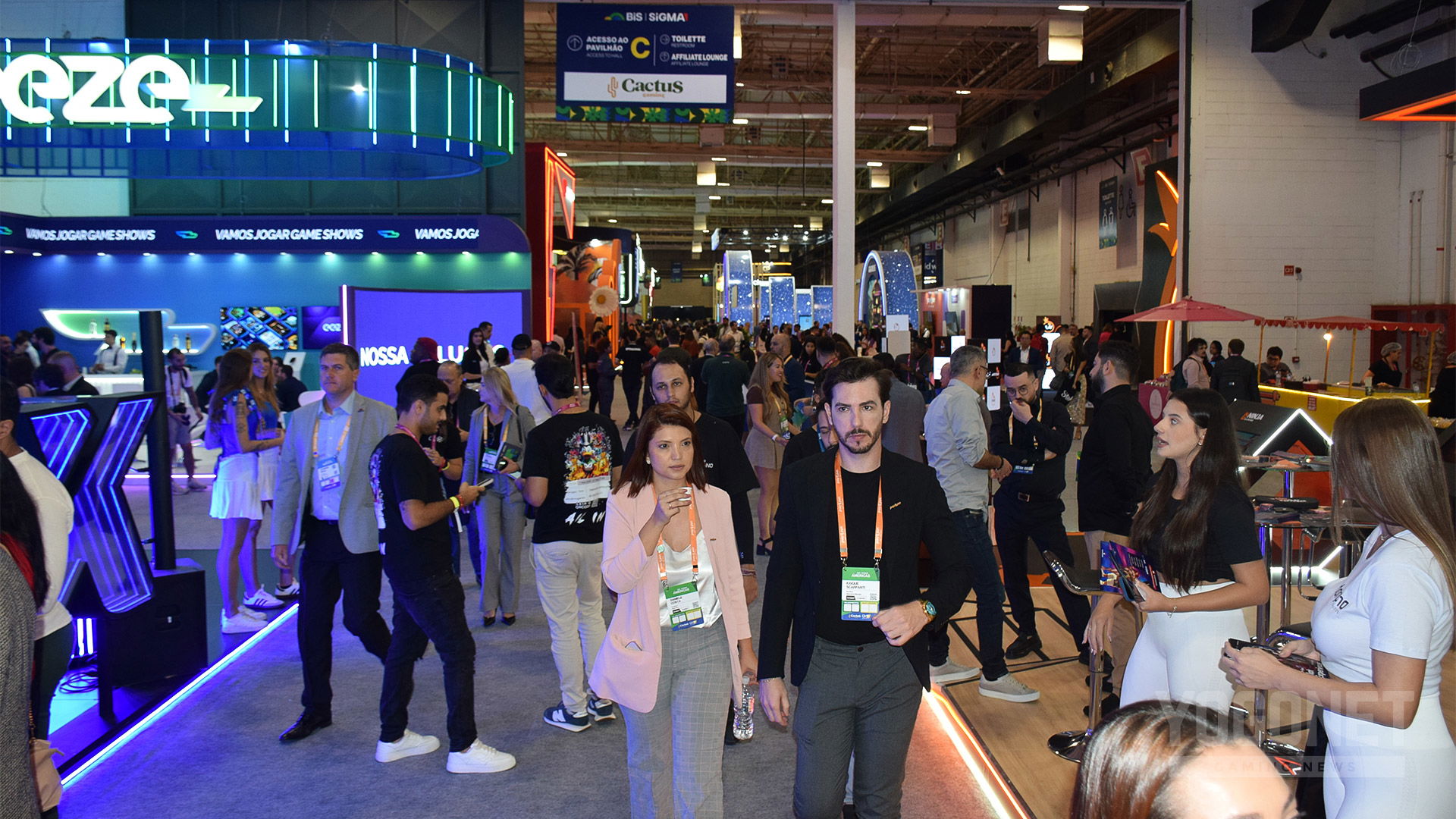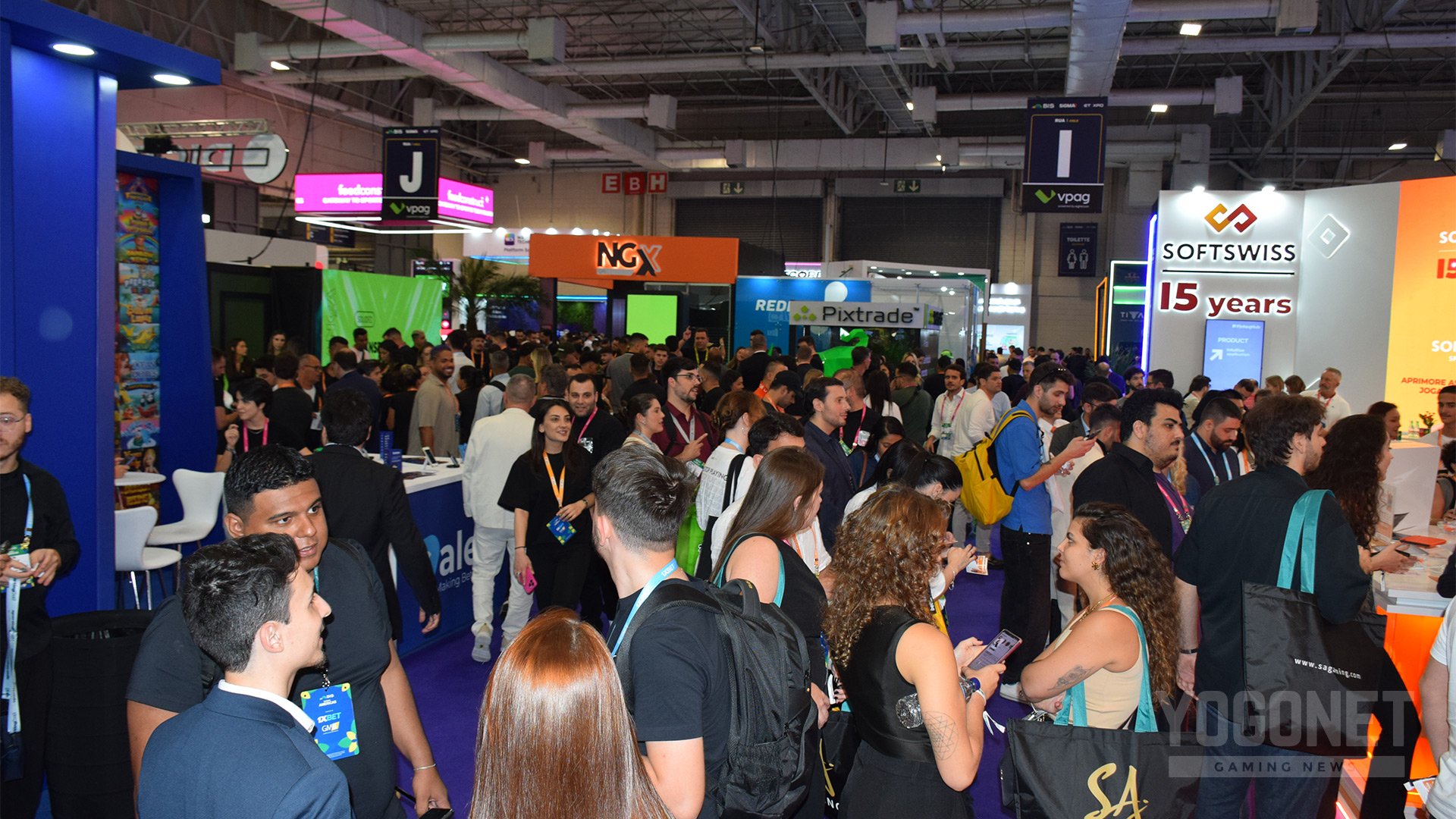IBIA expands integrity monitoring and anti-match-fixing operations in Brazil

The International Betting Integrity Association (IBIA) announced the expansion of its integrity monitoring and wider anti-match-fixing operations in Brazil. The expansion comes in response to upcoming government regulation, the rapid growth of the Brazilian sports betting market, and IBIA data confirming that Brazilian sport is a regional target for criminal match-fixers.
According to H2 Gambling Capital, IBIA members are estimated to account for over 60% of the remote gambling market in Brazil. "That leading market position will enable IBIA to provide a highly accurate analysis and effective deterrent against match-fixing-related betting fraud in Brazil. IBIA is, therefore, uniquely positioned to support a crack-down on match-fixing in the country," according to the association.
Speaking in advance of the government's Provisional Measure on sports betting regulation, Khalid Ali, IBIA CEO, said: "We welcome the Brazilian government's decision to regulate the sports betting industry as an overwhelmingly positive move. As IBIA's 2021 optimum betting market study confirms, balanced and efficient sports betting regulation is part of the solution to sports betting-related match-fixing."
"IBIA looks forward to working with policymakers to ensure Brazil enjoys the full benefits of a dynamic and competitive sports betting market whilst reducing the risks of match-fixing," he added.

H2 Gambling Capital estimates that the Brazilian sports betting market grew by 44.4% from 2021 to 2022, reaching BRL4,506 million ($940 million) in gross gambling revenue (GGR), and is projected to reach BRL 9,265 million ($1,860 million) in GGR by 2027 (105% increase).
"Given this rapid growth, IBIA and its members are particularly focused on utilizing the attributes of its global monitoring and alert system to bolster the protection of the regulated betting market and sporting events in Brazil," the association stated.
Khalid Ali noted: "What sets IBIA apart from commercial monitoring systems is the ability to track transactional activity linked to individual consumer accounts rather than analyzing simple odds movements. No other sports integrity solution can provide access to this data, which covers over $137 billion in sports betting turnover per annum, making IBIA the largest and most effective integrity network of its nature globally."
IBIA's recently published Q1 Integrity Report contains a targeted analysis of alerts in the Latin American market, with 105 suspicious alerts across the region during 2018-22. Brazil was the main source of suspicious betting alerts across LatAm (31%), with football accounting for the majority (61%) of those.
The International Betting Integrity Association is a not-for-profit body that has no competing conflicts from the delivery of commercial services to other sectors. The association claims to be run "by operators for operators," protecting its members from corruption through collective action. Responsible, regulated sports betting operators have a significant incentive to help crack down on match-fixing, and IBIA "intends to be at the forefront of that preventative action in Brazil."
"IBIA's advocacy expertise and monitoring and alert network will have a vital role to play in helping Brazil successfully deter, investigate and prosecute match-fixing. As part of our expansion, we aim to utilize data-sharing agreements with regulators, sports, and law enforcement agencies to ensure the integrity of Brazilian sport and the regulated betting market," the CEO explained.
"Our experience in education and cross-sector programs such as IBIA's Data Standards group, involving major global sports betting data companies, can also make a significant contribution to protecting Brazilian sport from the dangers of match-fixing," he concluded.


















































